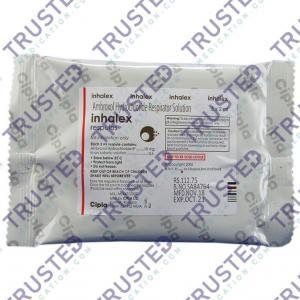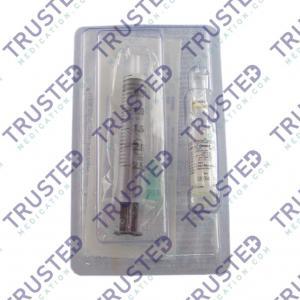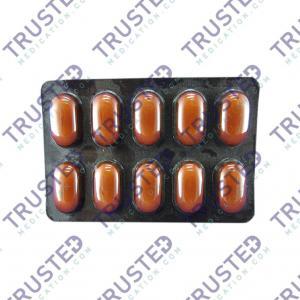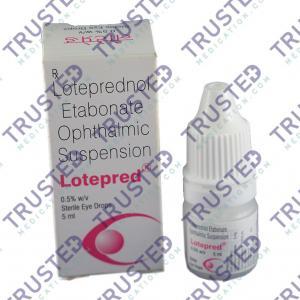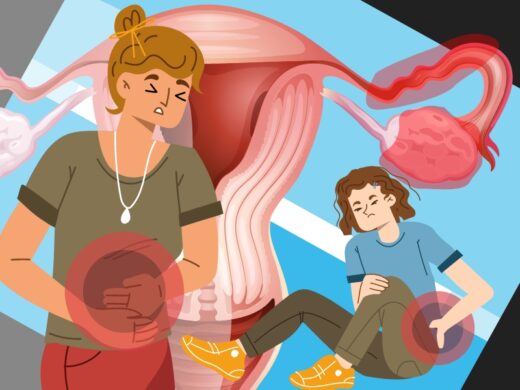
Pelvic Inflammatory Disease is diagnosed in more than 1 million women annually in the United States. This disease can be treated; however, treatment cannot reverse the scarring caused by the infection. The longer the condition goes untreated, the greater the risk for long-term problems.
What is Pelvic Inflammatory Disease?
Pelvic Inflammatory Disease or PID is an infection of the female reproductive organs. It is a common illness. PID occurs when bacteria move upward from the vagina and cervix into the uterus, ovaries, or fallopian tubes. The bacteria can lead to an abscess in a fallopian tube or ovary. Long-term problems can occur if PID is not treated quickly.
Two sexually transmitted infections (STIs), gonorrhea and chlamydia, are the leading causes of PID. Gonorrhea and chlamydia may cause vague or even no symptoms in a woman. When a woman is infected with gonorrhoea or chlamydia and does not receive treatment, it can take anywhere from a few days to a few weeks before she develops PID. The disease also can be caused by infections that are not sexually transmitted, such as bacterial vaginosis (BV).
Pelvic Inflammatory Disease can occur at any age in sexually active women. It is most common among young women. Those younger than age 25 years are more likely to develop it. Women with the following risk factors also are more likely to have PID:
- A sex partner who has sex with others
- Past PID
- Infection with an STI, most often gonorrhea or chlamydia
- Multiple sex partners
Some research shows that women who douche often are at increased risk of PID. Douching may make it easier for the bacteria that cause the disease to grow. It also may push the bacteria upward to the uterus and fallopian tubes from the vagina. For this and other reasons, douching is not recommended.
What Are The Symptoms Of Pelvic Inflammatory Disease?

The symptoms might be mild and difficult to identify. Some women experience no symptoms. When symptoms are present, they most often include:
- Pain during sex
- Fever, sometimes with chills
- Painful, frequent, or difficult urination
- Pain that ranges from mild to severe, mainly in your lower abdomen and pelvis
- Unusual or heavy vaginal discharge that may have an unpleasant odor
- Unusual bleeding from the vagina, especially during or after sex or between periods
See your health care provider right away or seek emergency medical care if you experience:
- Nausea and vomiting, with an inability to keep anything down
- Foul vaginal discharge
- Severe pain low in your abdomen
- Fever with a temperature higher than 38.3 C
What Is The Treatment For Pelvic Inflammatory Disease?
Prompt treatment with medication can eliminate the infection that causes the disease. But there’s no way to reverse any scarring or damage to the reproductive tract caused by PID. Treatment for PID most often includes:
- Antibiotics – Your healthcare provider will prescribe a combination of antibiotics to start immediately. Be sure to take all your medication, even if you start feeling better after a few days.
- Treatment for your partner – To prevent reinfection with an STI, your sexual partner or partners should be examined and treated. Infected partners might not have any noticeable symptoms.
- Temporary abstinence. Avoid sexual intercourse until treatment is completed and symptoms have resolved.
Can Pelvic Inflammatory Disease Cause Infertility?
When you have Pelvic Inflammatory Disease, getting pregnant can be more difficult. Besides increasing ectopic pregnancy risk sixfold, it can also result in the implantation of a fertilized egg outside the uterus.
A fertilized egg may grow in the tube instead of travelling down the fallopian tubes due to scarring caused by PID. Women who experience ectopic pregnancies may experience life-threatening bleeding. Most of the time, they must be treated with medication or surgery.
Medication that may help with infertility:
- Fertigyn 10000 IU has Human chronic gonadotropin (HCG) that helps make hormones in the ovary and testes. It rouses the production of certain hormones in males and females. This allows the egg to finish growing and be fertile. It works by making testosterone and increasing sperm cell count.



